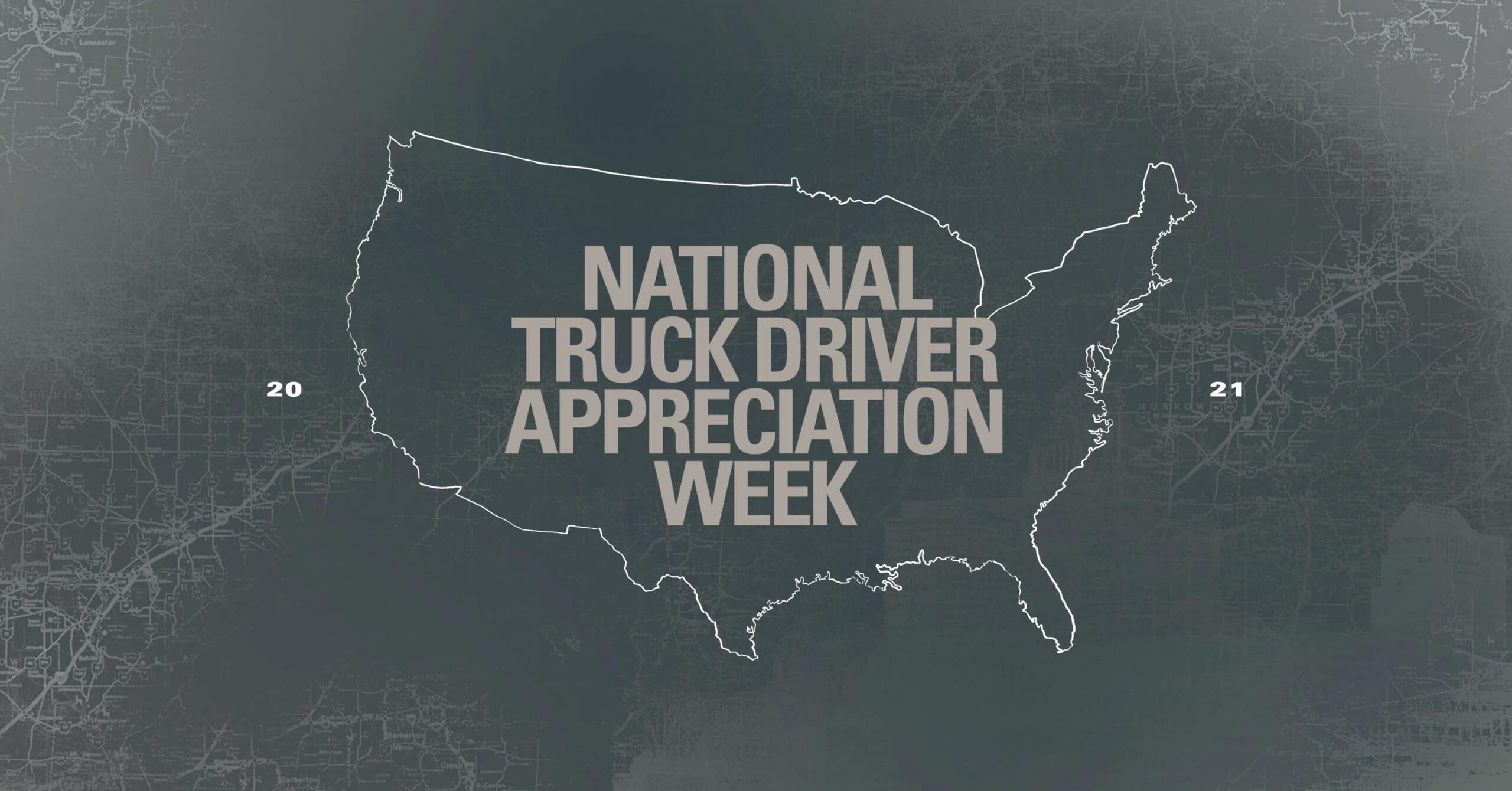By Kyle Streitmatter
Saying Thank You
As a kid, I remember spending Sunday evenings at a friend’s house for dinner. We would eat as fast as possible, then rush off to cram in as much playing as possible before my parents took me home.
Before leaving, my mother would ask, “Did you thank our hosts?”
I would dutifully obey. But as a little kid, I did it because my mom told me to. I had no idea (nor did I care) how much effort my friend’s mother had put into having us over for dinner.
I couldn’t have known the hours she spent shopping beforehand, preparing the food, getting the house in order, setting the table, getting her family ready, or even cleaning up after we left. My perspective was so limited.
As an adult, it’s easy to fall prey to the same thing. To say “thank you” because it’s socially polite or just “what’s expected.” I don’t always stop and consider what someone else has done for me – i.e., why I’m saying thank you.
During September 12-18, the United States will celebrate National Driver Appreciation Week 2021. No doubt, many of us will say thank-you to a truck driver we know, whether in our family, at our company, or that we meet along the highway. But let’s stop and consider for a minute – why are we saying thank you? It might help to get a fresh perspective.
Keeping Us On the Move
According to the American Trucking Association, in 2018, American truck drivers transported 11.49 billion tons of freight. That’s 71.4% of the country’s total freight tonnage. That’s an impressive number, but let’s think practically. This means that:
- Truck drivers are delivering supplies to the manufacturers who produce our food products, clothes, furniture, automobiles, and just about everything else.
- Truck drivers are also delivering the finished goods to retailers and wholesalers. The groceries, extra batteries, and tube of toothpaste you picked up at Walmart last week were delivered by a truck driver.
- Truck drivers are transporting the goods we buy online. Smaller vehicles usually take care of last-mile delivery. Still, the items we order on Amazon, eBay, and millions of online retailers are transported between fulfillment centers by truck drivers.
- Truck drivers deliver construction materials, allowing our communities and cities to expand with new building projects – schools, hospitals, churches, homes, theatres, restaurants, community centers, etc.
- Boats can’t sail over land (who knew??). Truck drivers transport goods from our international ports to their final destinations across the U.S. – retailers, wholesalers, manufacturers, and even your doorstep.
- Truck drivers haul vital healthcare products, such as PPE (personal protective equipment), ventilators, pharmaceuticals, and, as we saw during the pandemic, the rollout of COVID-19 vaccines.
The ATA also reports that over 80% of communities in the United States rely solely on trucking for delivering products and commodities. Stop and let that sink in for a minute.
Is your head spinning yet?
The Life of a Trucker
Consider also that truck drivers have a difficult lifestyle:
- Many truck drivers are running through the night and making deliveries at all hours.
- Many truck drivers spend weekends in the cab of their truck instead of home with their families.
- While out on the road, truck drivers only get to use public restrooms to shower, brush their teeth, and get ready in the morning.
- Most truck drivers don’t get off work at 5 p.m. every day. They’re working 10–12-hour days, 5-6 days per week.
- Truck drivers say goodnight to their loved ones over the phone.
Truckers are highly skilled professionals. They may not always have college degrees, but they are skilled in areas that employers find invaluable, including:
- Communication – drivers are in constant communication with their managers, load planners, and customers to take care of issues that may arise on the road, such as bad weather, delays, etc.
- Organization & Time Management – drivers are constantly planning out their days, thinking through which route to take, making alternate plans in case of construction, detours, etc. Drivers who are out 1-3 weeks at a time must prepare meals in advance, pack clothes, cosmetics, and everything else they need for the road.
- Flexibility – drivers’ schedules change – a lot. Drivers know how to hold their plans loosely and adapt to a schedule change, a delay, or unexpected weather.
Truly Appreciative
Is your perspective a little different now?
If you see a truck driver this week, I encourage you to say thank you. But not just because it’s driver appreciation week, and you saw a social media post telling you to say thank you.
Thank them for the sacrifices they make so that you can live a convenient life. Thank them for working crazy hours to restock the shelves of your local grocery store. Let them know that you respect them as a professional. If you work in the trucking industry, acknowledge that your job depends on them.
We don’t celebrate Driver Appreciation Week because we have to. We celebrate it because drivers deserve to be celebrated.


